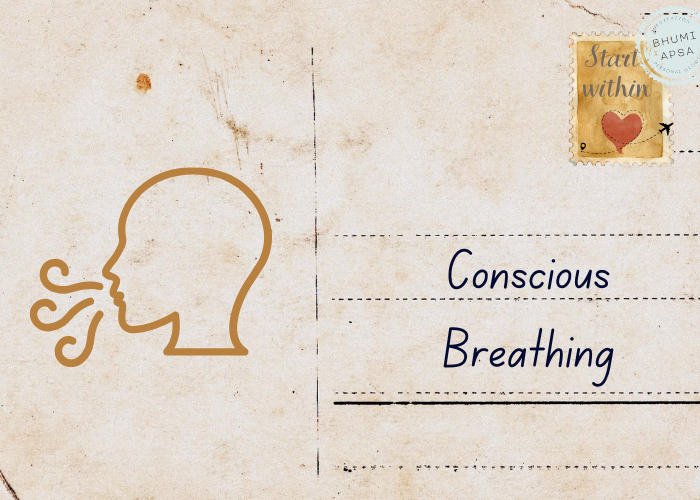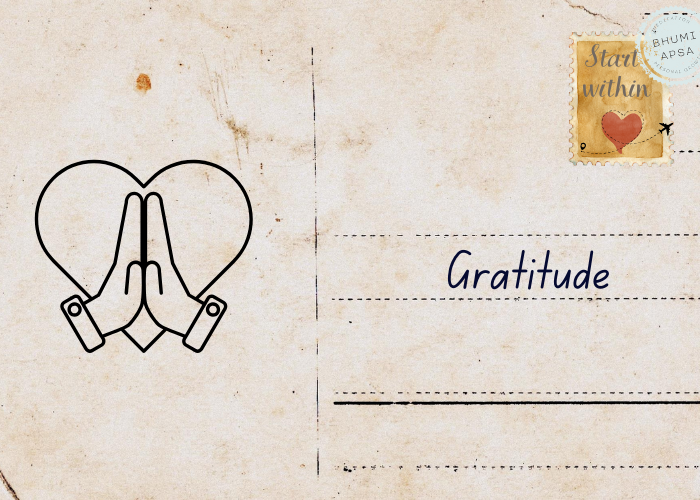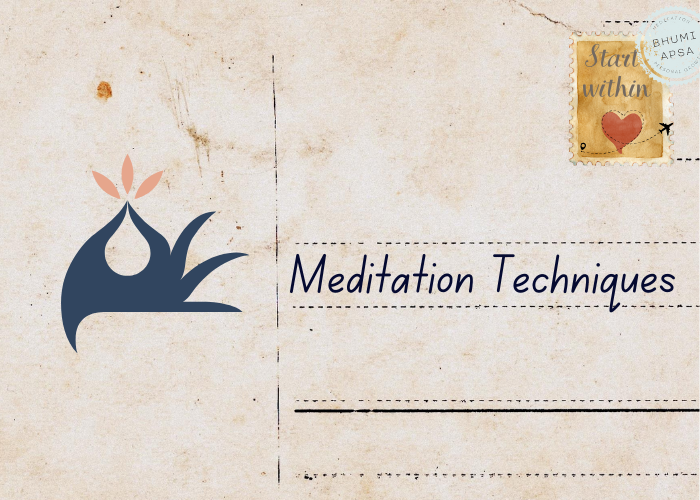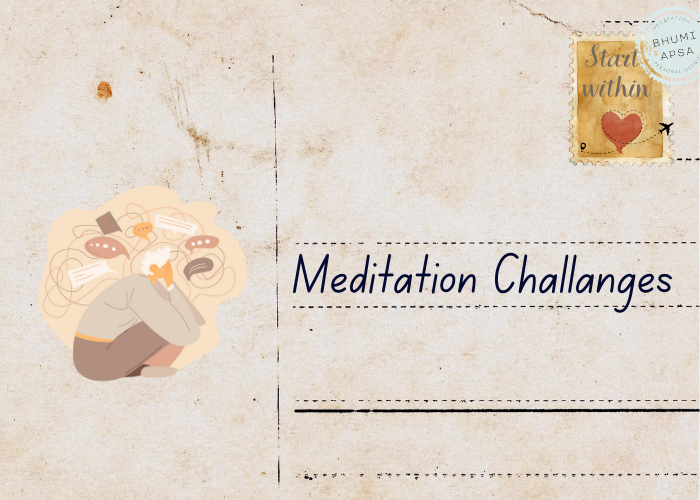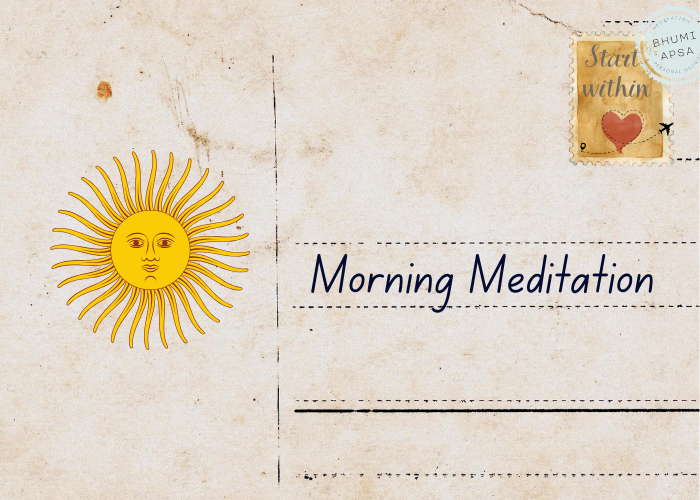In Between Chapters
As you might have noticed, I decided to pause the English version of my podcast, High on Books. At some point, it was meant to be just a momentary pause, but then it became something permanent. When I began recording the Spanish version of the podcast, I realized my message flows differently in my own […]
In Between Chapters Read More »


